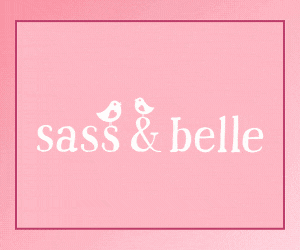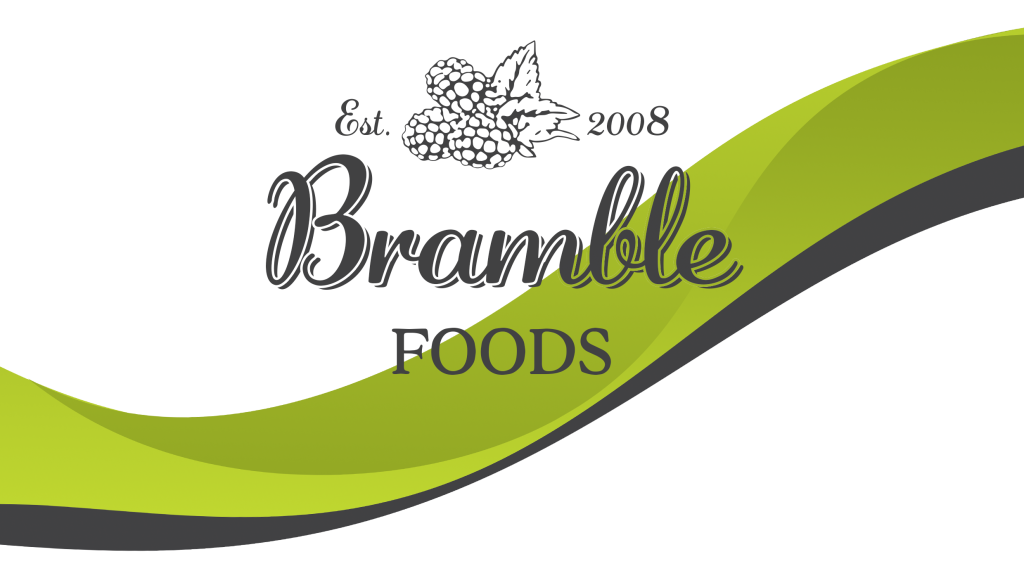Walking stick specialists Classic Canes will be celebrating the company’s milestone 40th anniversary this Autumn, with managing director Charlotte Gillan, the daughter of co-founders Ben and Diana Porter, looking backwards and forwards at the past four decades.
Charlotte, how does it feel to be celebrating 40 years?
“It’s quite emotional because it represents 40 years of our family’s life as well as 40 years of the business. Naturally, it has made us look back over the years and has triggered many memories. It has been so interesting for us, taking us around the world to many countries and places we would otherwise never have seen. We have suppliers and customers who have become close personal friends and, in common with all small business owners, we have learned an extraordinary number of skills and discovered talents we didn’t know we had.”
How did it all begin?
“My parents, Ben and Diana Porter, had been working abroad during the 1970’s, saving hard to return to Britain to start their own business. They bought a Somerset woodland at auction in 1978, with the intention of rebuilding the ruined Tudor hunting lodge at the centre of the woods and turning it into a family home. While the building works progressed, they discovered that the surrounding woodland was naturally growing suitable raw material for the production of walking sticks.
“At that time there was a walking stick factory in Surrey, (now sadly closed), so they cut some of their wood, packed it on a trailer behind a pickup and took it to sell to the factory. While there, my mother had the idea of buying some of the finished products back from the factory and, in 1982, Classic Canes was launched.”
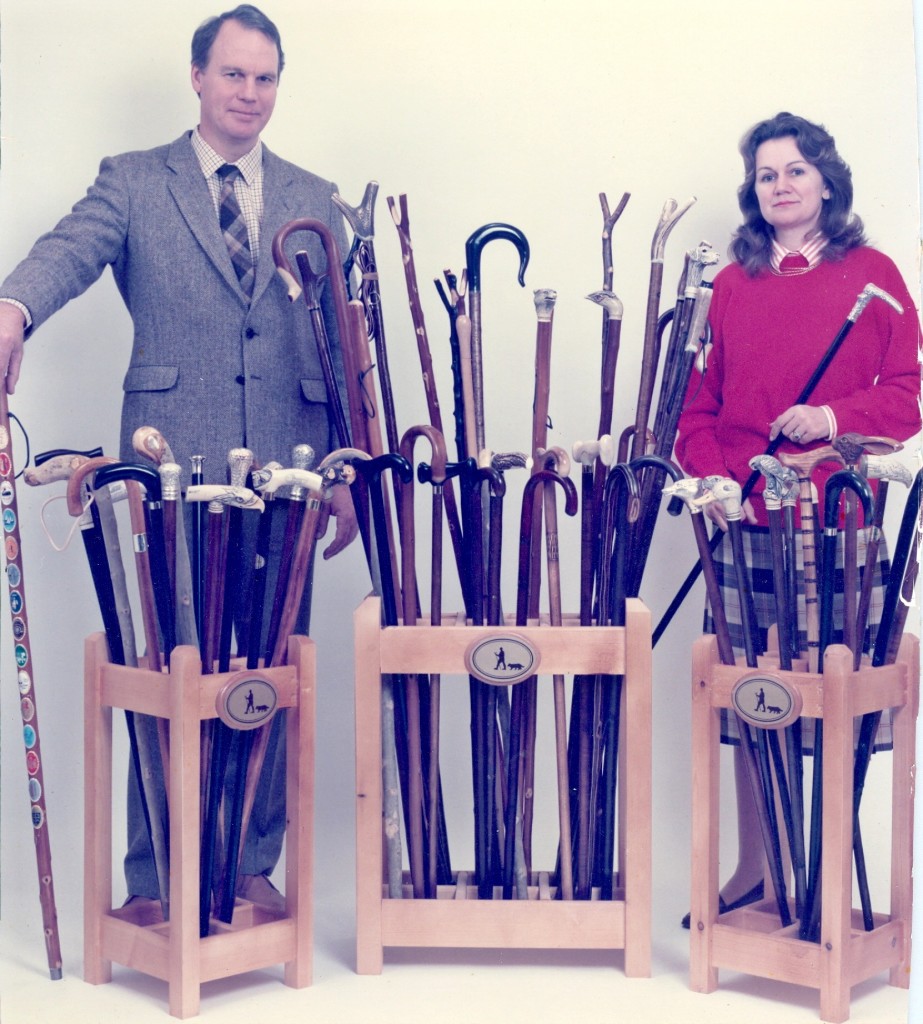
When did you officially join Classic Canes as a member of the team?
“Unofficially as a small child in charge of sticking product code numbers onto canes and counting rubber ferrules, (for the ends of canes), into bags of ten for pocket-money. I then re-joined in 2003 after working elsewhere and became managing director in 2010.”
What’s your career background?
“After university I worked in marketing and PR in the luxury goods industry, firstly for the Asprey jewellery group and then for a subsidiary of Drambuie called Glenvarigill, which owned a network of luxury car dealerships. Both roles taught me a great deal that I brought back with me to Classic Canes. I also worked as a freelance features writer for titles such as the Glasgow Herald, mostly writing about fashion, motoring, interiors and property.”
As a designer for Classic Canes, are you a trained illustrator/artist too?
“I’m not a trained artist at all but I have always had a pencil or paintbrush in my hand since I was tiny. I do a lot of cartoons, some of which will be in the next Classic Canes catalogue. Creating stick patterns myself is so much easier, and cost-effective than trying to convey to an artist what is needed because I know what will sell. I also really enjoy the creative side of the business and using my own artwork ensures we have a unique look that cannot be found anywhere else.”
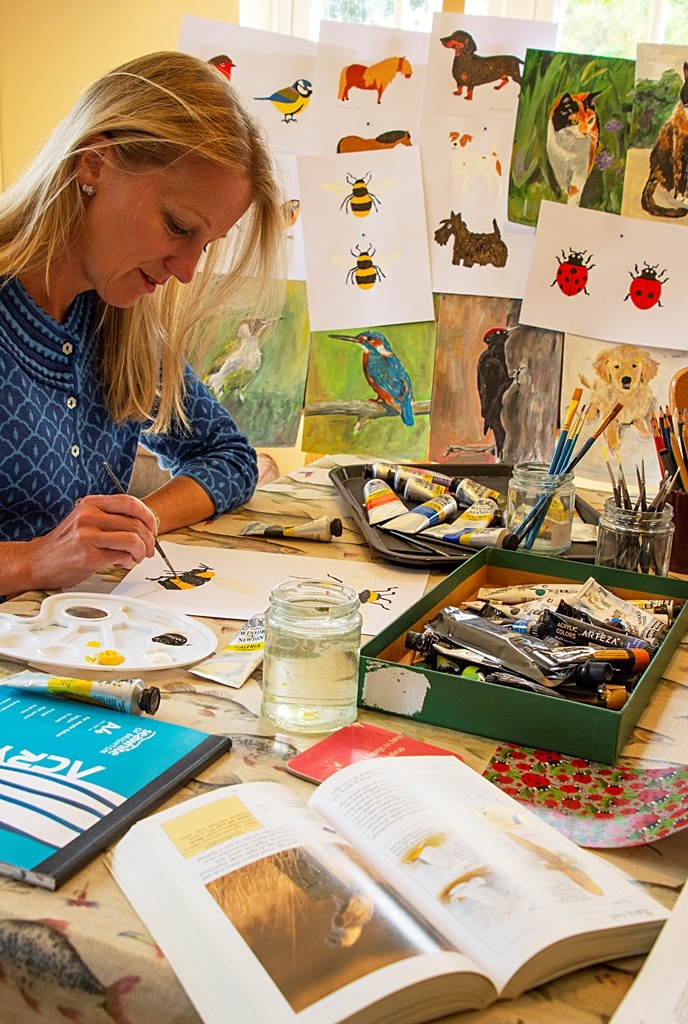
Over the past 40 years, which of the designs have been the company’s top three best sellers?
“Year after year we do well with classic floral prints on canes. There is a timeless Britishness about them that appeals to customers here in the UK and in many countries around the world that appreciate the British sense of style. Currently, we export to over 40 worldwide. Recently, I designed a folding cane with a pattern of British songbirds – robins, bluetits, great-tits and wrens – which has become one of our best-selling patterns of all time. Many gift retailers and garden centres have stocked it and it has done very well in bulk through mail order catalogues overseas. However, year after year, we sell large quantities of standard beech-wood derby canes. They offer excellent support, are affordable and don’t look like the hospital gave them to you, so they sell everywhere from covered markets to Jermyn Street.”
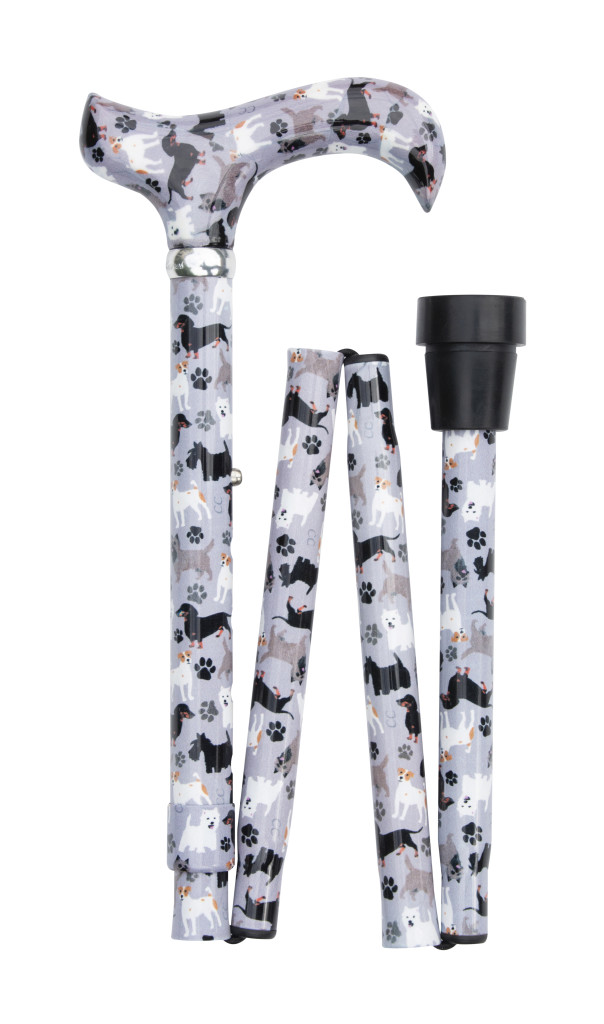
What have been the highlights for the company over the past four decades?
“We have taken great pleasure in seeing the range of walking sticks grow, with people treating them as fashion accessories as well as mobility aids. When we started in 1982 there was a very limited range of sticks available, almost all wooden and very conservative. Now people collect our models to match different outfits.
“Probably the standout sale was a very large order of tippling sticks. (which contain a hidden phial for whisky), for a special anniversary of the Johnny Walker whisky company in America. It paid for a much-needed new warehouse so we were delighted. Afterwards, my mother asked the buyer why they had chosen Classic Canes to supply the canes, hoping to hear that it was because of our wonderful reputation or exemplary customer service. “Oh honey,” said the buyer, “We just loved the pictures of your dogs on your website.” So now we never dare leave out our golden retrievers from any of our marketing materials in case other buyers feel the same way!”
What do you love most about working in the sector?
“The sheer diversity of the people we meet and work with. We are based in a woodland in rural Somerset and yet, every day, we are in touch with people whose businesses are spread right across the UK and in about 40 countries worldwide. Today when I answer the phone I never know if it is going to be a Devon seaside gift shop, a buyer in a Tokyo department store or a website in Florida. Almost all our customers are independents and their business stories are always fascinating. I have learned so much from them.”
What else is in the pipeline for Classic Canes moving forward?
“We have a fabulous new trade catalogue launching at the end of August, which will include a host of new Classic Canes products. I have been busy producing designs based on British flora and fauna so there will be woodpeckers, puffins, highland cows and seaside creatures among many other eye-catching new canes. As always, the family have done the modelling. Luckily we have a very talented photographer who ensures we look our best!”
What do you see as the secret of Classic Cane’s success?
“I think it is that we have remained very specialist and kept to walking sticks, seat sticks and umbrellas rather than diversify into lots of other products. It means we do one thing and do it well. Our focus is on the quality of the manufacture and that the products should be stylish as well as functional. Our customers come to us because they want the best choice and standards on the market.”
How are you celebrating the company’s milestone anniversary?
“Our employees are absolutely essential to the success of the business and, after several cancelled team parties due to Covid, we are finally going to be able to give them and their spouses the big celebration they deserve. It will be in the traditional Somerset manner – plenty of cider and delicious local food at our nearest pub, which I have been going to since I was tiny. We will also have a presentation for my parents to celebrate the milestone. They are very special, as not many people would have had the vision to create such an unusual company out of the raw material around them in a Somerset woodland. That the business has thrived for 40 years is a great source of joy to them and to me.”
Top: Classic Cane’s managing director Charlotte Gillan with the family’s golden retrievers, holding a Blackthorn walking stick.








